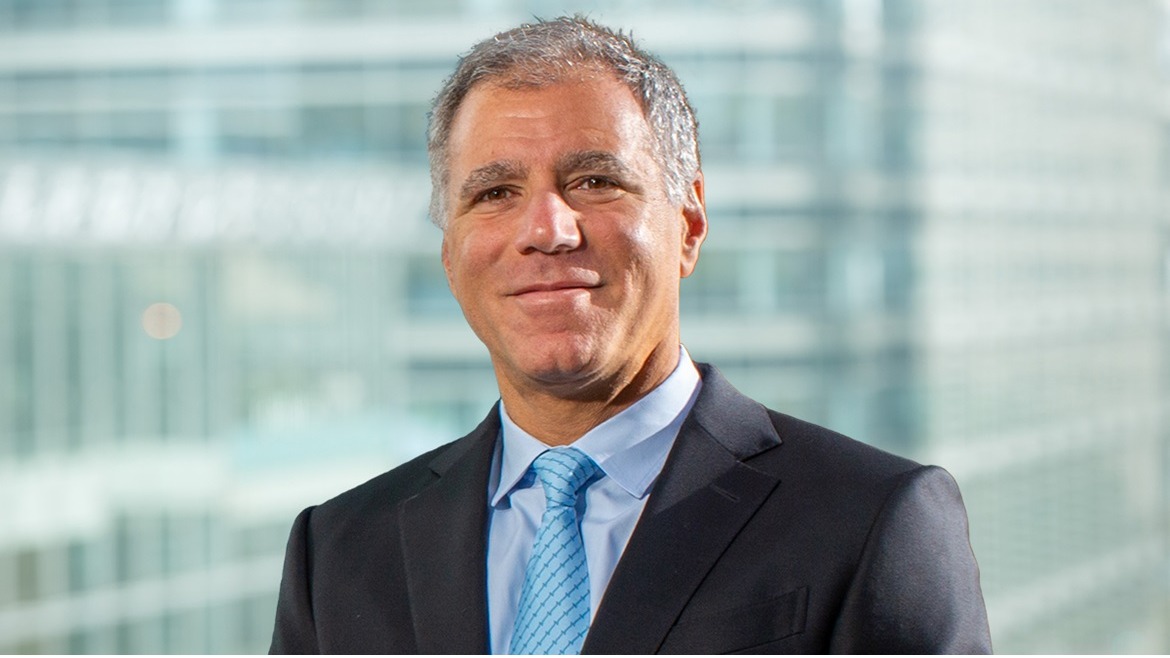HSBC has delayed key parts of its climate goals by 20 years, pushing its net zero emissions targets from 2030 to 2050, while also proposing changes to its chief executive's bonus plan that could increase potential pay by 43 per cent.
The London-headquartered lender announced on Wednesday that it had revised its ambitions after realising that progress in reducing emissions across its supply chain was "proving slower than we anticipated."
"We currently expect a 40 per cent emissions reduction across our operations, travel and supply chain by 2030 which would mean that we would need to rely heavily on carbon offsets to achieve net zero in our supply chain by 2030," HSBC stated in its annual report.
The bank's chief sustainability officer Julian Wentzel told Reuters: "I've had real world experience of working... with (clients). Through that experience, I understand some of the challenges they have had in their transition, and those challenges are acute."
The delay coincides with a proposed pay package for recently instated chief executive Georges Elhedery that could earn him up to £15 million a year, including a long-term incentive plan worth up to £9 million, or 600 per cent of his base salary. The environmental portion of this bonus has been reduced from 25 per cent to 20 per cent.
HSBC's remuneration committee explained this change by saying: "At this stage, financed emission targets remain difficult to include given challenges in the methodology, timeliness and frequency of reporting."
The bank's decision has drawn criticism from environmental campaigners. Joanna Warrington at Fossil Free London said: "HSBC is just putting its feet up and watching the world burn, rather than owning its responsibility for the climate crisis."
Zahra Hdidou, a senior climate and resilience adviser at ActionAid UK, urged HSBC to "abandon this disastrous delay and stop financing the fossil fuels and agribusiness corporations that are destroying the planet," adding that HSBC's 2050 target was "well beyond the critical window needed to prevent irreversible harm to communities."
The shift in HSBC's climate strategy comes amid a broader retreat from environmental policies in the banking sector. Six major US banks, including Citigroup, Bank of America, and Morgan Stanley, have recently withdrawn from the UN-sponsored Net-Zero Banking Alliance following pressure from oil-funded Republican lawmakers in the US.
When asked whether HSBC remained committed to the alliance, Elhedery only confirmed that the bank was still a member, without pledging continued participation.
HSBC's move brings it in line with other major banks like Goldman Sachs and Barclays, which also have 2050 net zero targets.
The announcement came alongside HSBC's annual results, which showed a 6.6 per cent increase in pre-tax profits to $32.3 billion (£25.6 billion). The bank also confirmed plans to cut $1.5 billion (£1.2 billion) from its annual costs by the end of 2026, including through an unspecified number of job losses across its international workforce of over 220,000 employees.
Latest News
-
Gemini to cut quarter of workforce and exit UK, EU and Australia as crypto slump forces retrenchment
-
Bank ABC’s mobile-only ila bank migrates to core banking platform
-
Visa launches platform to accelerate small business growth in US
-
NatWest to expand Accelerator programme to 50,000 members in 2026
-
BBVA joins European stablecoin coalition
-
eToro partners with Amundi to launch equity portfolio with exposure to ‘megatrends’
Creating value together: Strategic partnerships in the age of GCCs
As Global Capability Centres reshape the financial services landscape, one question stands out: how do leading banks balance in-house innovation with strategic partnerships to drive real transformation?
Data trust in the AI era: Building customer confidence through responsible banking
In the second episode of FStech’s three-part video podcast series sponsored by HCLTech, Sudip Lahiri, Executive Vice President & Head of Financial Services for Europe & UKI at HCLTech examines the critical relationship between data trust, transparency, and responsible AI implementation in financial services.
Banking's GenAI evolution: Beyond the hype, building the future
In the first episode of a three-part video podcast series sponsored by HCLTech, Sudip Lahiri, Executive Vice President & Head of Financial Services for Europe & UKI at HCLTech explores how financial institutions can navigate the transformative potential of Generative AI while building lasting foundations for innovation.
Beyond compliance: Building unshakeable operational resilience in financial services
In today's rapidly evolving financial landscape, operational resilience has become a critical focus for institutions worldwide. As regulatory requirements grow more complex and cyber threats, particularly ransomware, become increasingly sophisticated, financial services providers must adapt and strengthen their defences. The intersection of compliance, technology, and security presents both challenges and opportunities.
© 2019 Perspective Publishing Privacy & Cookies














Recent Stories